Filter by
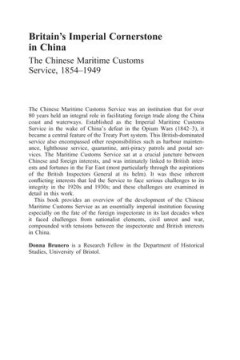
Britain's Imperial Cornerstone in China
This is an in-depth account of the Chinese Imperial Maritime Customs Service, a uniquely cosmopolitan institution established in the wake of China's defeat in the Opium Wars (1842 to 43), and a central feature of the Treaty Port system. The British-dominated service was headed by the famous Robert Hart who founded a far-reaching customs administration that also encompassed other responsibilitie…
- Edition
- -
- ISBN/ISSN
- 9780203315125
- Collation
- -
- Series Title
- -
- Call Number
- 951 BRU b
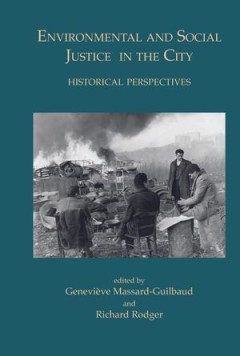
Environmental and Social Justice in the City: Historical Perspectives
The world is full of environmental injustices and inequalities, yet few European historians have tackled these subjects head on; nor have they explored their relationships with social inequalities. In this innovative collection of historical essays the contributors consider a range of past environmental injustices, spanning seven northern and western European countries and with several chapters…
- Edition
- -
- ISBN/ISSN
- 9781874267614
- Collation
- -
- Series Title
- -
- Call Number
- 808.4 ENV e

Environmental and Social Justice in the City : Historical Perspectives
The world is full of environmental injustices and inequalities, yet few European historians have tackled these subjects head on; nor have they explored their relationships with social inequalities. In this innovative collection of historical essays the contributors consider a range of past environmental injustices, spanning seven northern and western European countries and with several chapters…
- Edition
- -
- ISBN/ISSN
- 9781874267614
- Collation
- -
- Series Title
- -
- Call Number
- -
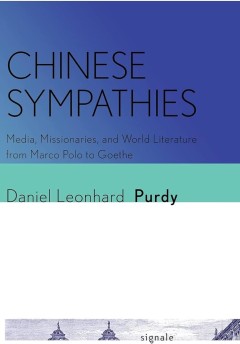
Chinese Sympathies : Media, Missionaries, and World Literature from Marco Pol…
Chinese Sympathies examines how Europeans—German-speaking writers and thinkers in particular—identified with Chinese intellectual and literary traditions following the circulation of Marco Polo's Travels. This sense of affinity expanded and deepened, Daniel Leonhard Purdy shows, as generations of Jesuit missionaries, baroque encyclopedists, Enlightenment moralists, and translators establish…
- Edition
- -
- ISBN/ISSN
- 9781501759758
- Collation
- -
- Series Title
- -
- Call Number
- 800 PUR c
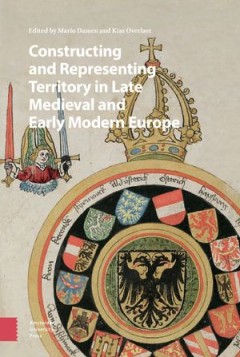
https://openresearchlibrary.org/content/d6ddf831-9ca9-46b0-9c43-1820c069ba9
In recent political and constitutional history, scholars seldom specify how and why they use the concept of territory. In research on state formation processes and nation building, for instance, the term mostly designates an enclosed geographical area ruled by a central government. Inspired by ideas from political geographers, this book explores the layered and constantly changing meanings of t…
- Edition
- -
- ISBN/ISSN
- -
- Collation
- -
- Series Title
- -
- Call Number
- -
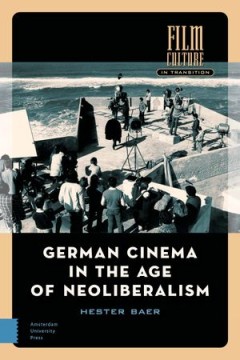
German Cinema in the Age of Neoliberalism
This book presents a new history of German film from 1980-2010, a period that witnessed rapid transformations, including intensified globalization, a restructured world economy, geopolitical realignment, and technological change, all of which have affected cinema in fundamental ways. Rethinking the conventional periodization of German film history, Baer posits 1980-rather than 1989-as a crucial…
- Edition
- -
- ISBN/ISSN
- 9789048551958
- Collation
- -
- Series Title
- -
- Call Number
- -
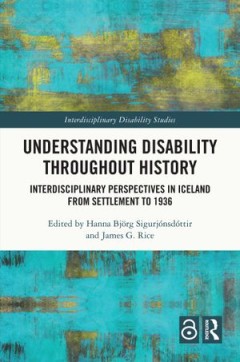
Understanding Disability Throughout History: Interdisciplinary Perspectives i…
Understanding Disability Throughout History explores seldom-heard voices from the past by studying the hidden lives of disabled people before the concept of disability existed culturally, socially and administratively. The book focuses on Iceland from the Age of Settlement, traditionally considered to have taken place from 874 to 930, until the 1936 Law on Social Security (Lög um almannatryggi…
- Edition
- -
- ISBN/ISSN
- 9781000486674
- Collation
- -
- Series Title
- -
- Call Number
- 362.4 UND u
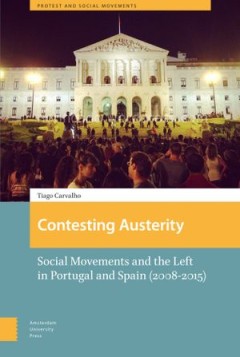
Contesting Austerity Social Movements and the Left in Portugal and Spain (20…
Despite the historical and political similarities between Portugal and Spain, the contentious responses to austerity diverged in terms of number, rhythm and players. This book compares the contentious responses to austerity in Portugal and Spain during the Eurozone crisis and the Great Recession between 2008 and 2015. While in Spain a sustained wave of mobilisation lasted for three years, invol…
- Edition
- -
- ISBN/ISSN
- 9789048552498
- Collation
- -
- Series Title
- -
- Call Number
- -
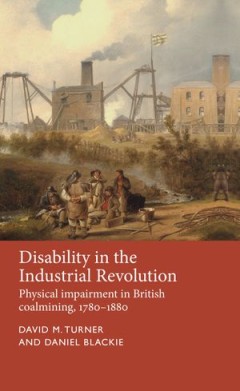
Disability in the Industrial Revolution
The Industrial Revolution produced injury, illness and disablement on a large scale and nowhere was this more visible than in coalmining. Disability in the Industrial Revolution sheds new light on the human cost of industrialisation by examining the lives and experiences of those disabled in a sector that was vital to Britain’s economic growth. Although it is often assumed that industrialisat…
- Edition
- -
- ISBN/ISSN
- 9781526125774
- Collation
- -
- Series Title
- -
- Call Number
- -
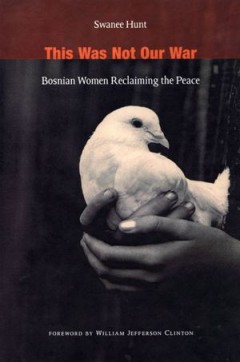
This Was Not Our War Bosnian Women Reclaiming the Peace
"Replacing tyranny with justice, healing deep scars, exchanging hatred for hope . . . the women in This Was Not Our War teach us how."—William Jefferson Clinton This Was Not Our War shares amazing first-person accounts of twenty-six Bosnian women who are reconstructing their society following years of devastating warfare. A university student working to resettle refugees, a paramedic who foun…
- Edition
- -
- ISBN/ISSN
- 9780822333555
- Collation
- -
- Series Title
- -
- Call Number
- -
 Computer Science, Information & General Works
Computer Science, Information & General Works  Philosophy & Psychology
Philosophy & Psychology  Religion
Religion  Social Sciences
Social Sciences  Language
Language  Pure Science
Pure Science  Applied Sciences
Applied Sciences  Art & Recreation
Art & Recreation  Literature
Literature  History & Geography
History & Geography